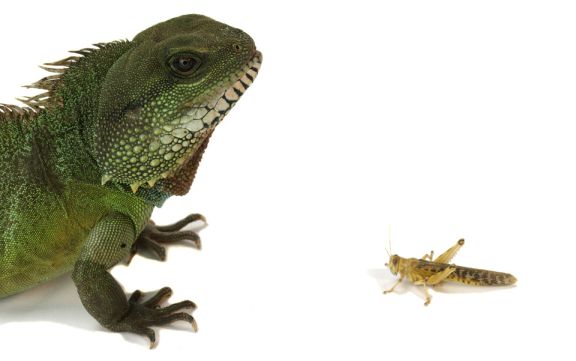In a recent issue of
Aeon Magazine, four experts in the natural and social sciences have responded to “Die Selfish Gene,” an essay by science writer David Dobbs in the magazine’s December 2013 issue that challenged the usefulness of the idea on evolution propounded by English evolutionary biologist Richard Dawkins in his highly influential 1976 book,
The Selfish Gene.
 PHOTO BY NIK TAYLOR/GETTY FOR AEON MAGAZINE
PHOTO BY NIK TAYLOR/GETTY FOR AEON MAGAZINESays
Aeon editor Bridgid Hains: “Richard Dawkins’s explanation of the unsparing reality of evolution blew like a cold, refreshing wind through everything I thought I knew about human nature, and is one of the great pieces of scientific writing from the last century.” She was therefore hardly surprised that Dobbs’s essay provoked a fierce and prolonged debate upon its publication, but now she thinks it’s time to try to resolve this lingering controversial question: “Is it time to get rid of the ‘selfish gene’ or is it here to stay?”
For this purpose, Hains invited the following experts to respond to that issue: Robert Sapolsky, primatologist and professor at Stanford University & at Stanford School of Medicine; Laura Hercher, instructor in ethics and social issues in genetic counseling at Sarah Lawrence College in New York; Karen James, staff scientist at Mount Desert Island Biological Laboratory in Maine; and John Dupré, British philosopher of science and director of the Centre for the Study of Life Sciences at Exeter University.
Read their responses now and join the conversation in Aeon Magazine’s “Dead or Alive” now!THE SUBJECT OF THEIR DISCUSSION:In
The Selfish Gene, Richard Dawkins argued for a gene-centered view of evolution as opposed to the views focused on the organism and the group. It is Dawkins’ view that the more genetically related two individuals are, the more sense (at the level of the genes) it makes for them to behave selflessly with each other. The concept is particularly good at explaining many forms of altruism, and Dawkins’ book became an astonishing publishing phenomenon. Translated into more than 25 languages and selling over a million copies, it was hailed as having caused “a silent and almost immediate revolution in biology.”
Read the Google Books preview of Richard Dawkins’ “The Selfish Gene”